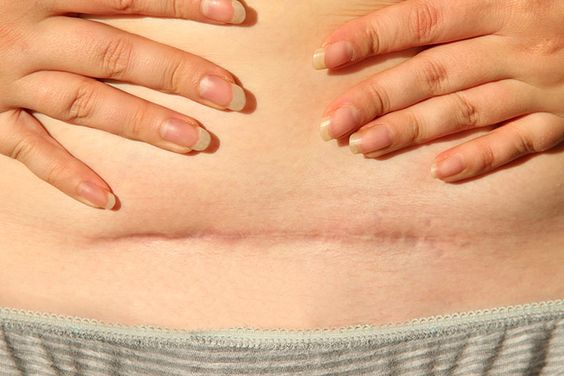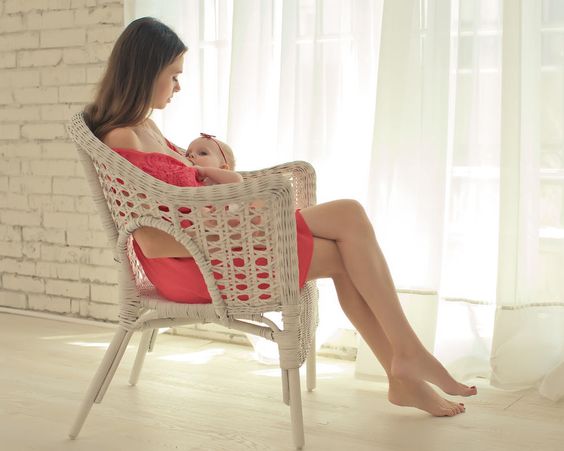For new mothers, postpartum recovery is a process full of joy and challenges. Postpartum wound inflammation is a problem that many new mothers may encounter, which not only affects their physical recovery, but may also cause psychological pressure. This article will explore the causes of postpartum wound inflammation and how to effectively solve this problem . Let's follow me to take a look.

What are the causes of postpartum wound inflammation?
Inflammation of wound after cesarean section:
Postoperative infection: If the dressing and dressing operations are not strict after surgery, it may to incision infection.
Fat liquefaction: A high-protein, high-calorie diet before delivery may to abdominal fat accumulation. The fat layer is thicker and lacks blood vessels, making it difficult for the incision to heal.
Postoperative malnutrition: Malnutrition can delay wound healing.
How do we solve this kind of problem?
1. Drainage: If the wound is suppurated, it should be drained first. Rinse the wound with saline and then disinfect it with iodine or hydrogen peroxide.
2. Soak the wound in a sitz bath: Use 1:5000 potassium permanganate warm water sitz bath, twice a day, 10-15 minutes each time, to help reduce inflammation.
3. Clean the thread ends in the wound: If the thread ends cause inflammation, they should be cleaned in time, and the wound should be rinsed with saline and iodine should be applied to reduce inflammation.
4. Wound drainage: For aseptic inflammation caused by fat liquefaction, wound drainage should be performed to avoid fluid accumulation, and dressings should be changed regularly.
5. Wound debridement: If the wound is severely inflamed, purulent or ulcerated, and does not heal for a long time, you should go to the hospital for debridement as soon as possible.

Precautions:
Keep the wound clean and dry to avoid infection.
Follow your doctor's instructions and use medications correctly.
Eat a balanced diet to ensure adequate nutrition and promote wound healing.
Go to the hospital for regular checkups to identify and address problems in a timely manner.
Postpartum wound care requires carefulness and patience. Through timely care and appropriate treatment, wound inflammation can be effectively prevented and controlled, helping new mothers recover faster. Remember that postpartum recovery is a gradual process, and maintaining a positive attitude and good living habits are essential for the recovery of the body.
For more information on Innomed® Hydrocolloid Dressing, Refer to the Previous Articles. If you have customized needs, you are welcome to contact us; You Wholeheartedly. At longterm medical, we transform this data by Innovating and Developing Products that Make Life easier for those who need loving care.
Editor: kiki Jia

 English
English عربى
عربى Español
Español русский
русский 中文简体
中文简体








